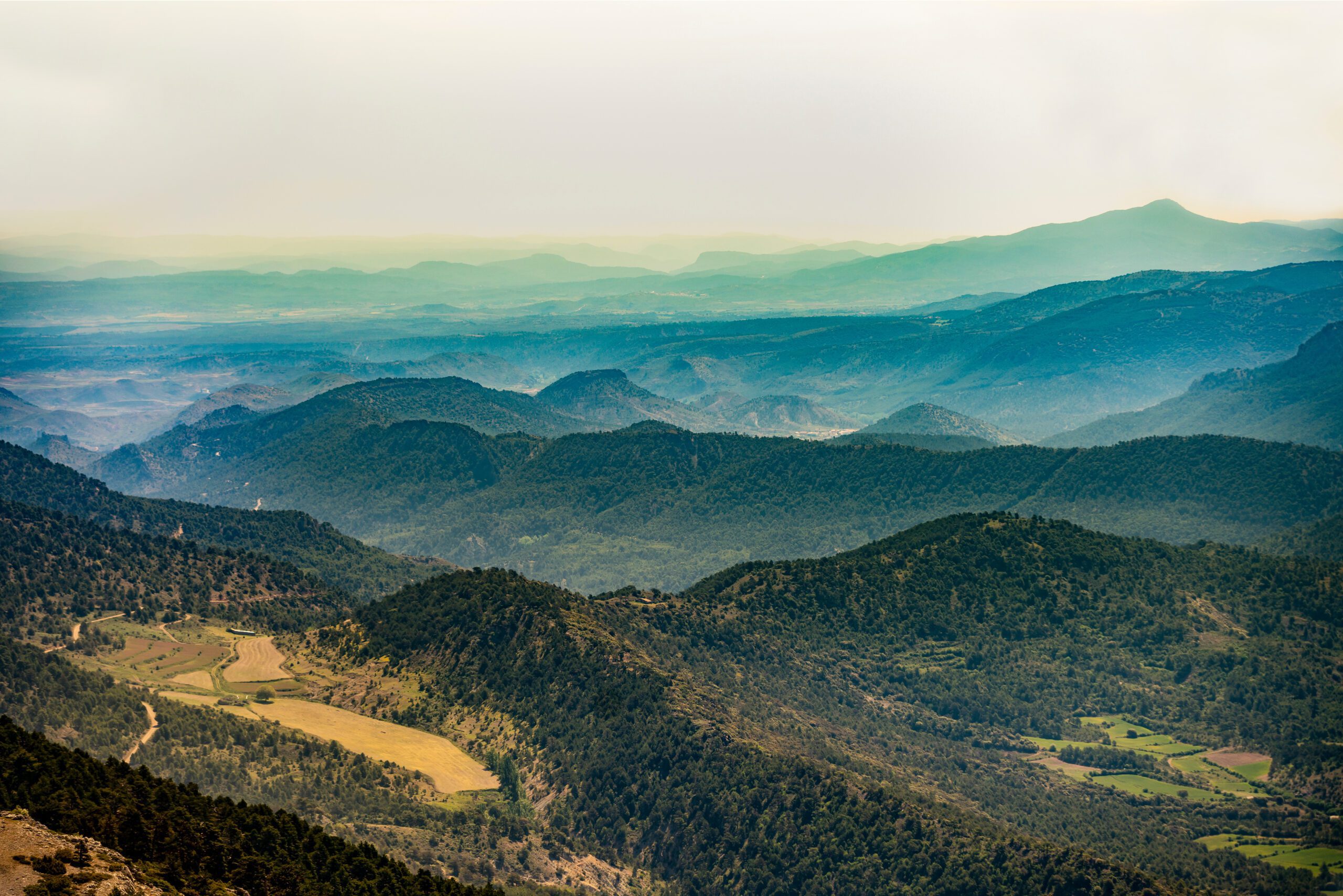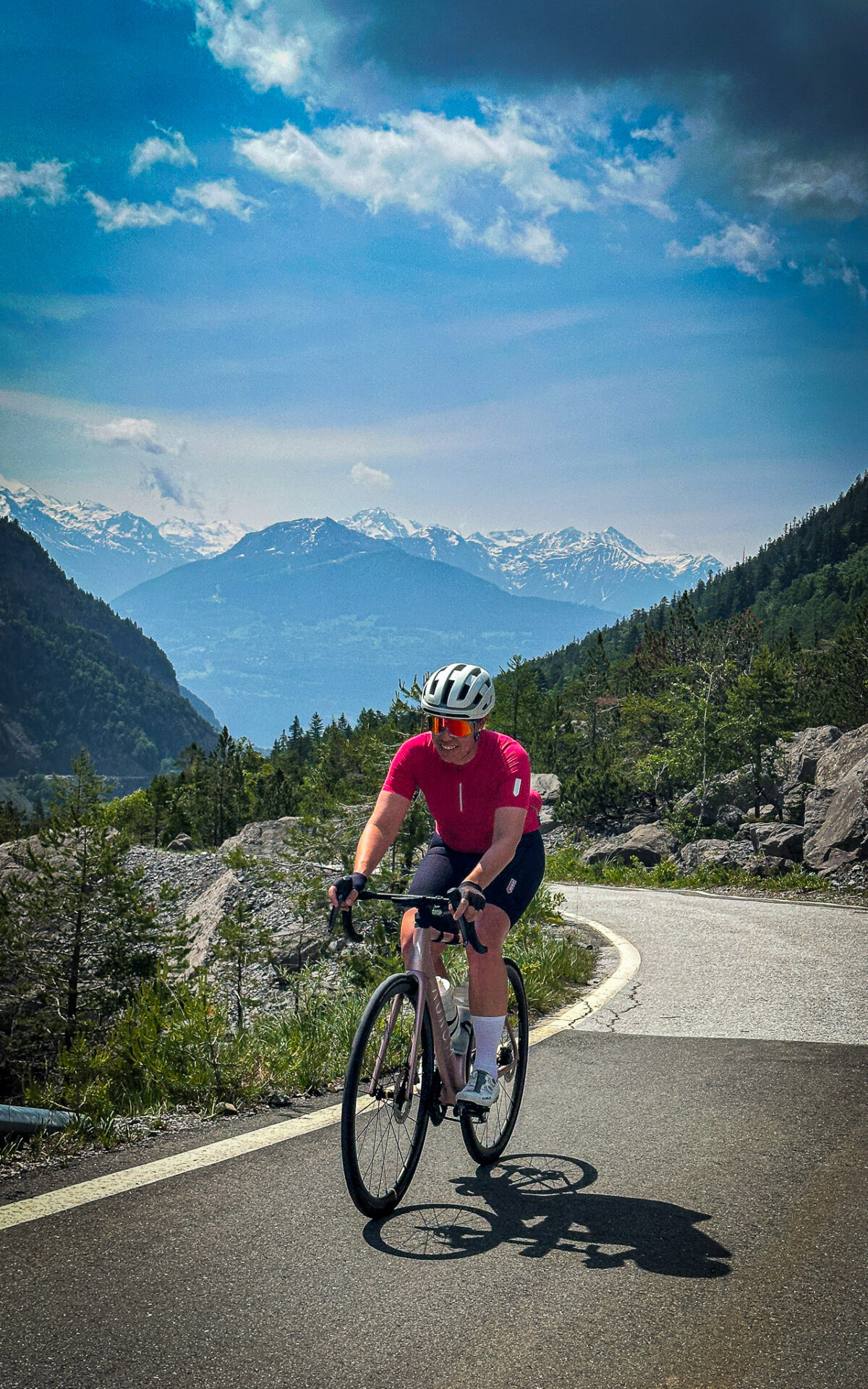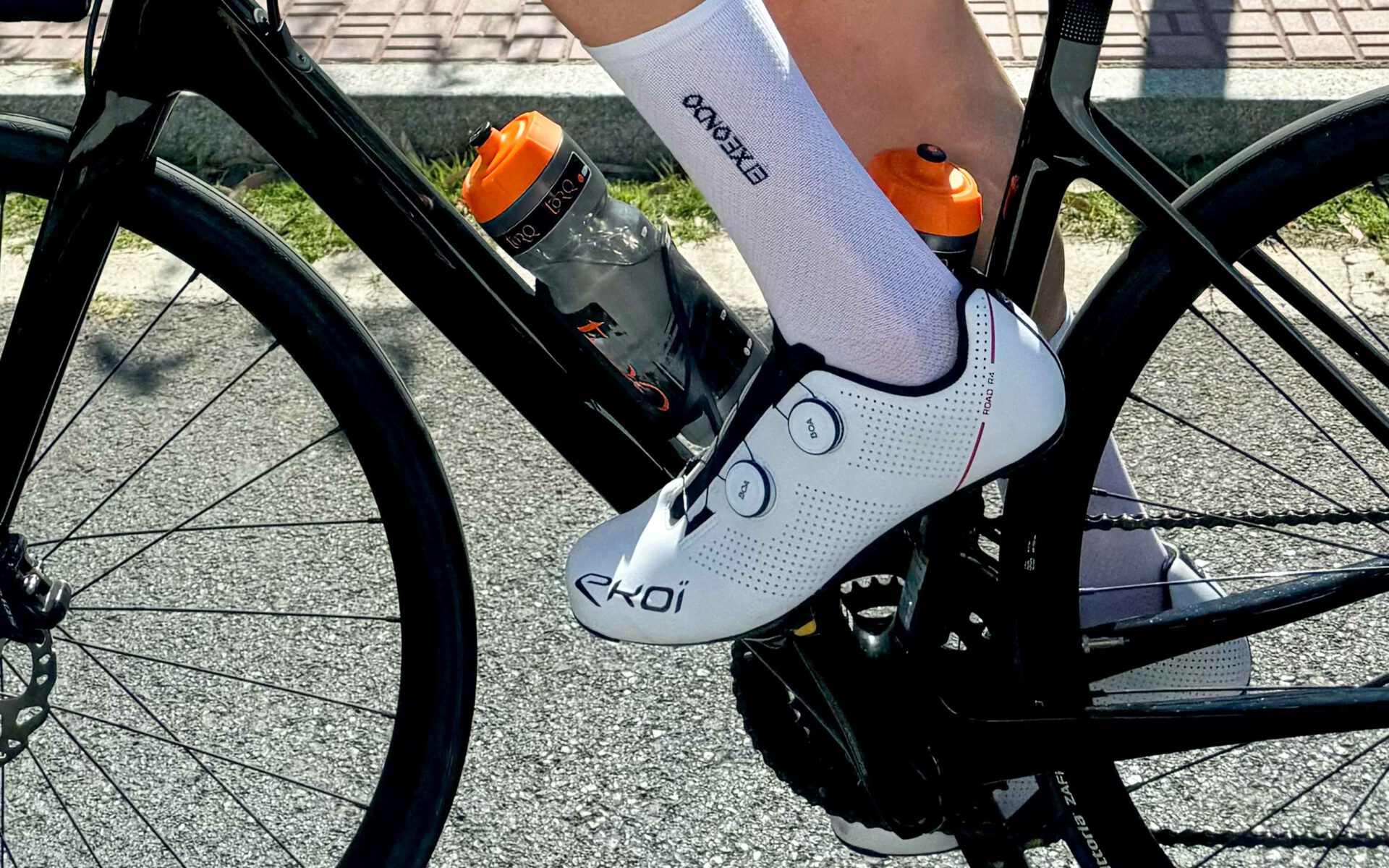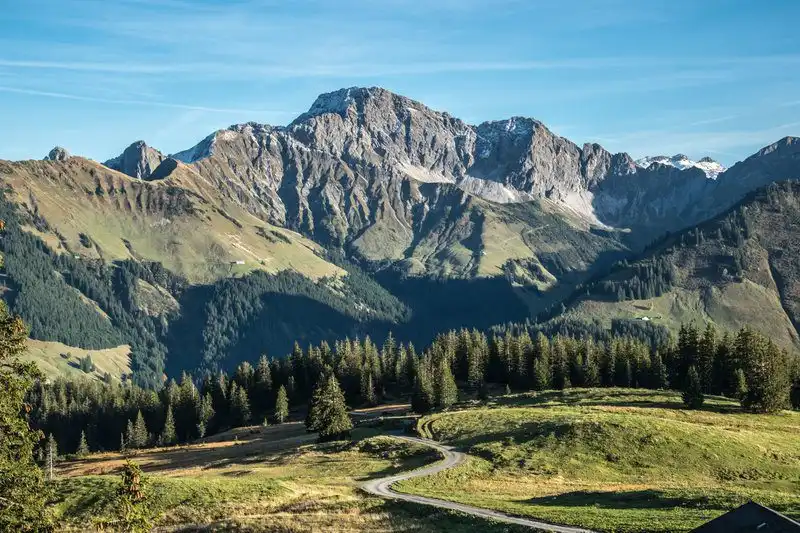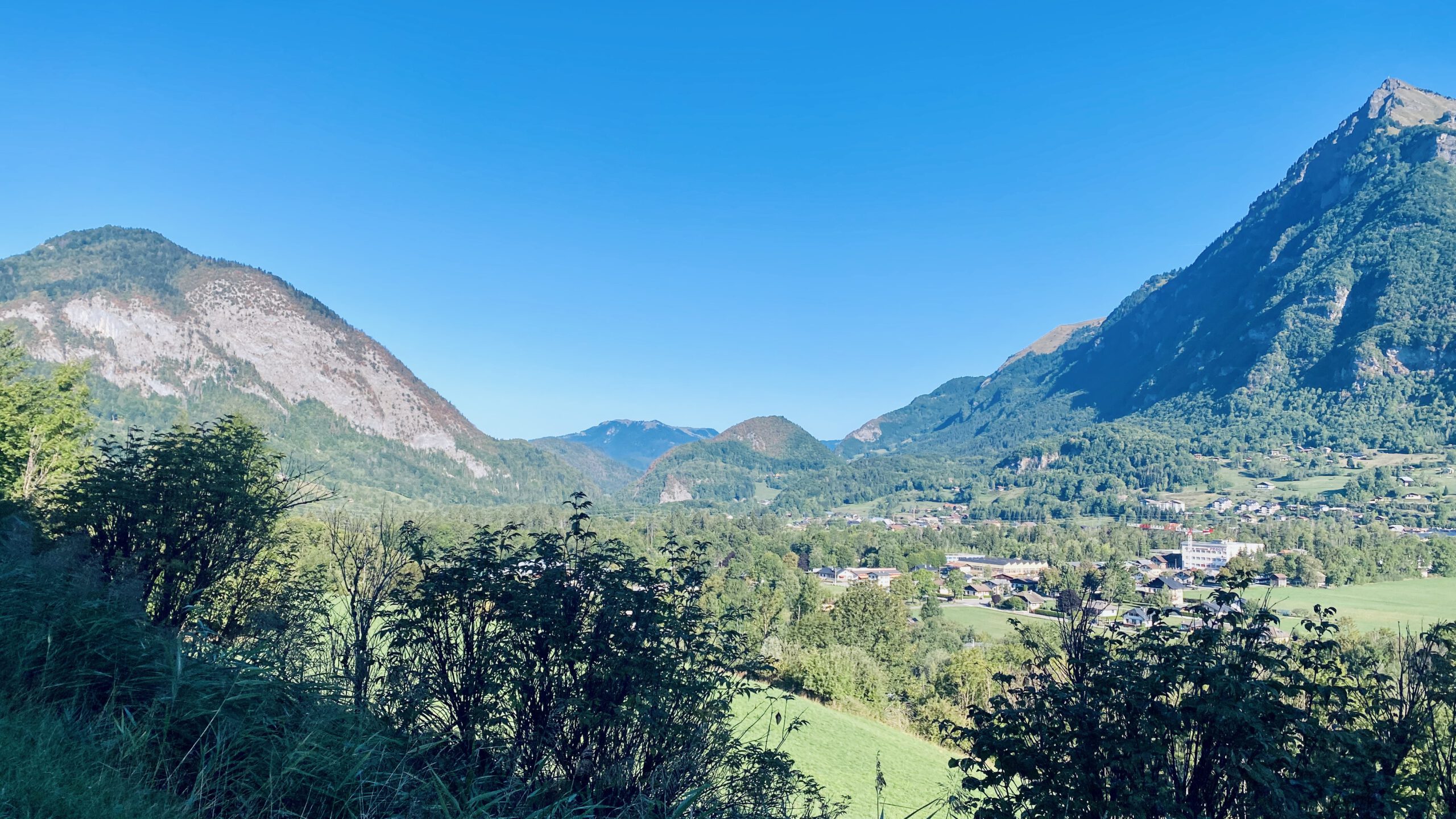In the north, the wind is always blowing. Sometimes it blows at the back. Then again, it blows tight in the face. With the wind come the clouds. With the clouds sometimes comes rain. The advantage of a partly cloudy day is that the clouds pass quickly with the rain. High in the north, the climate is different. When it rains in Utrecht, it is often dry in the north. And vice versa. The temperature is a bit lower there, but it is fine. This also affects gastronomy. The grain republic of Wadden lies more to the east. On the contrary, in the far north you will find potatoes, vegetables, sugar beet, as well as fish from the Wadden Sea and the North Sea. We will explore the gastronomy of the Wadden.
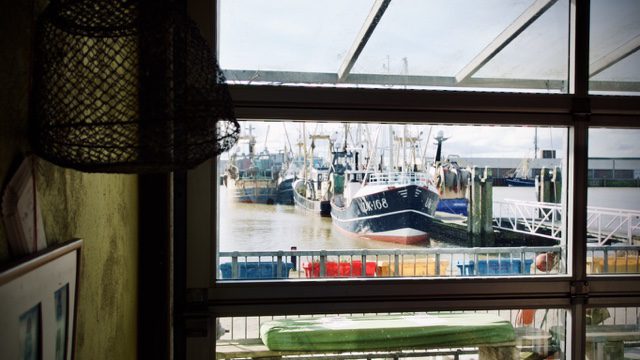
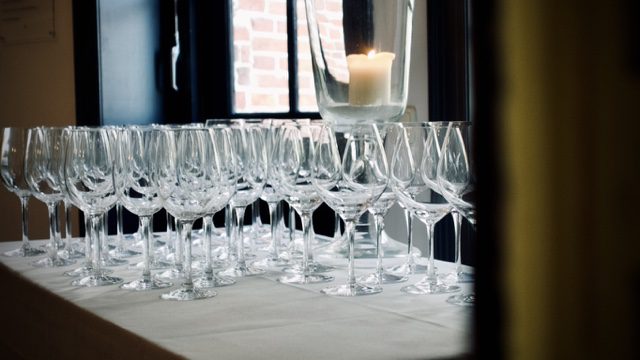
Oysters, harders and a pinball machine
Lauwersoog is a construction. A village that is not actually a village. Decades ago, there was nothing there. The name Lauwersoog actually means Lauwerseiland. Until late in the 20th century, it was also an island. A construction made in the 1960s and 1970s. It was actually a working island, for the purpose of closing the Lauwerszee. That's also how it was laid out. It lacks a heart, a soul. There is the harbour, you have the lake and mainly the boat to the island of Schier. The familiar triad of church-pub-Rabobank is more straightforward here. Only a pub provides cohesion here. The fishermen also know each other and help each other where necessary.
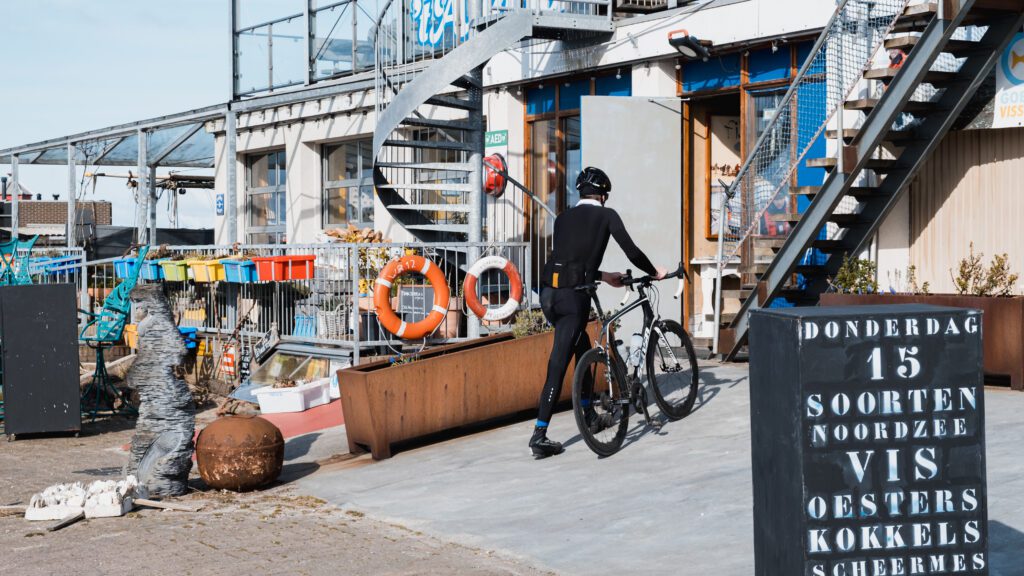
't Ailand
The signs on the outside and inside and of the 't Ailand secretly betray a lot. Slow food, depicting a snail, is just one of those nods to the reality of the day. It is the beating heart of a beautiful fishing business. Barbara is the cheerful hostess. From behind her desk, she has everything under control. With the radio on O.V.T. and a view of the harbour mouth, little can go wrong. That Barbara is full of stories should come as no surprise. When you receive people day in, day out and are at sea, there is bound to be more than one story to tell.
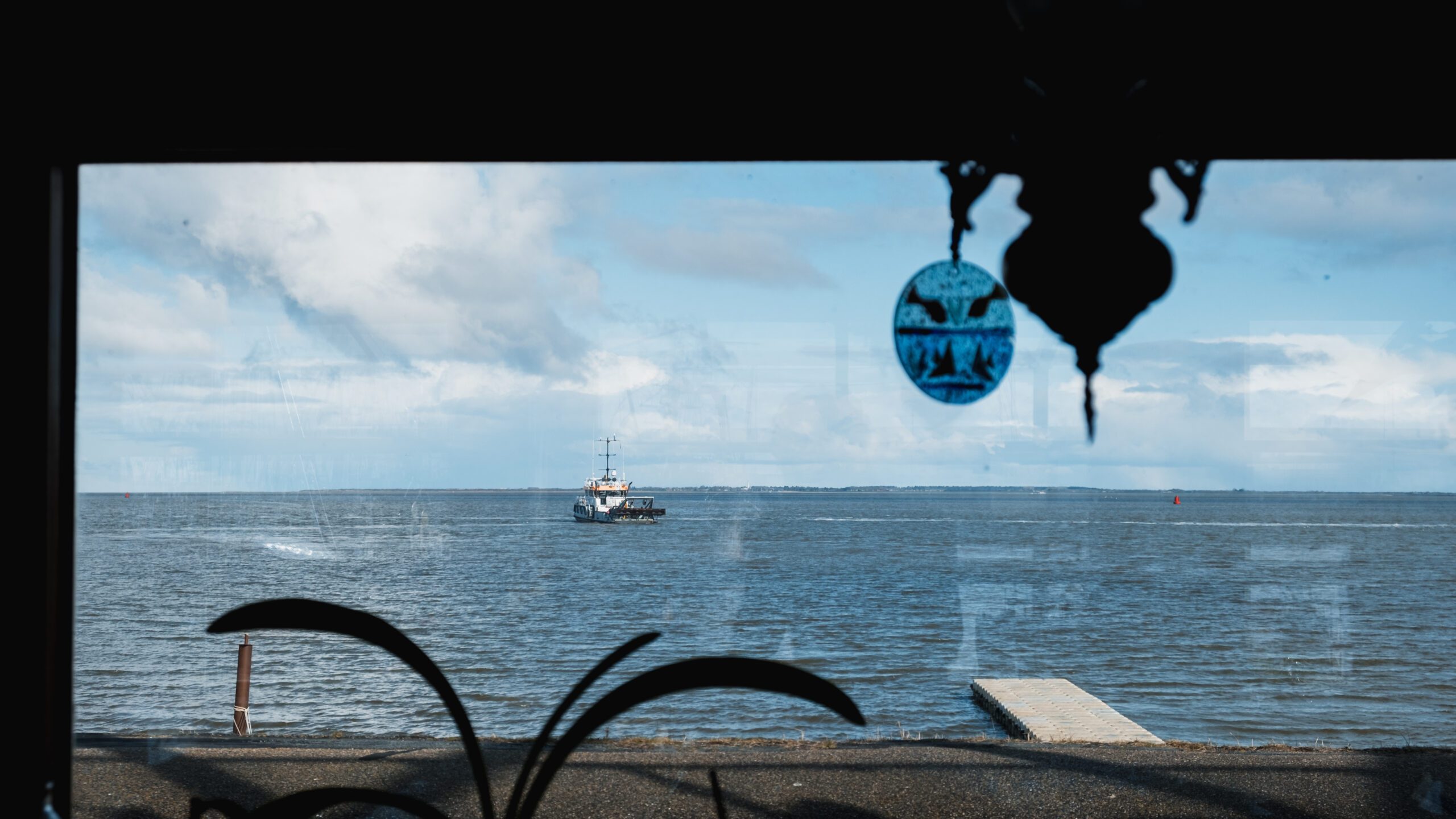
The business, run by Barbara and her boyfriend Jan, fishes oysters throughout the year and nets in the summer months. Oysters, harders and other fish from the Wadden Sea. Barbara does not like the deep sea. Perhaps the dangers of the open sea come into play. As she puts it, 'I am not afraid of getting wet, but I want to be able to stand in the sea'. The Wadden Sea is perfect for that. his
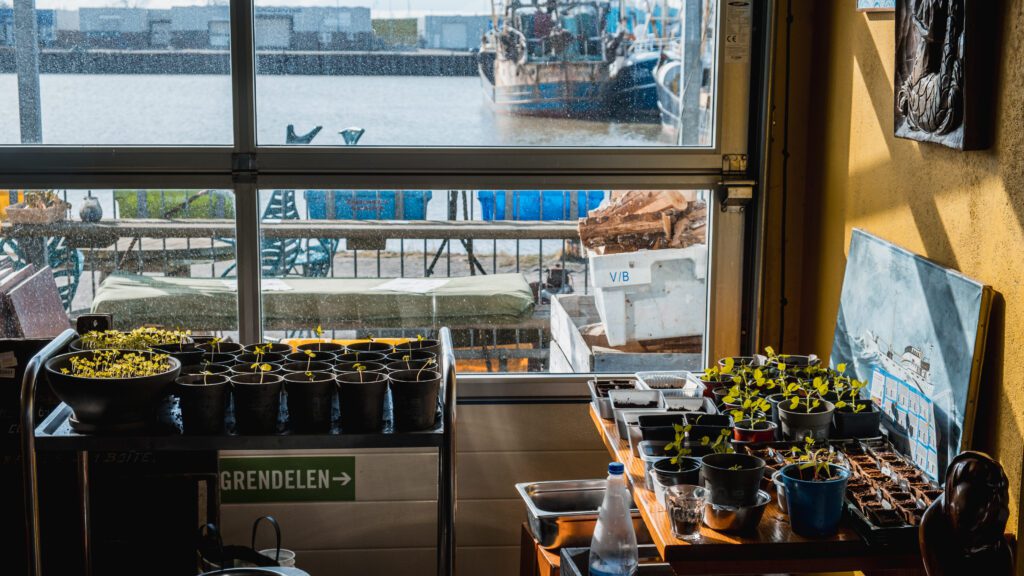
Oysters are a dirty job
The oysters at 't Ailand are wild oysters. Not farmed, but pure and local. They grow right on your doorstep, in the Wadden Sea. Picking oysters is not a clean job. 'Ordinary net fishermen have it a lot easier,' says Barbara, 'they throw their fish on the quay, it goes on ice and the next Thursday the money is in the account.' In the oyster business, it all takes a bit longer. You have to pick oysters. You have to know where to find the oysters, you have to deal with the tides and the weather. Once bitten, that's when it starts. Oysters are stuck together and you have to untie them. then sort them by size. Then strip the outside of dirt, such as Barnacles, mud and whatnot. The oysters then have to be placed in water. Then in a basket, off to the customer. A day of oyster picking is a week of cleaning work. That is different cake.
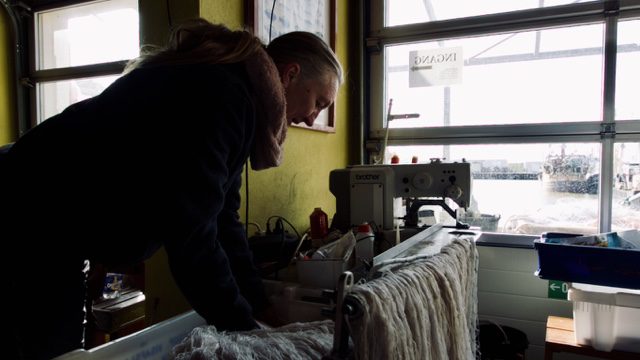
Barnacles are tiny organisms that nest on all kinds of surfaces, including oysters, in the Wadden Sea. Barbara cannot resist telling the anecdote about the male waterpox's genitals. Males apparently have 30 cm of reproductive organ to lug around. Or rather. They stay in place themselves and the organ does the rest. 'He pretty much goes down all the females,' says Barbara, laughing. For an organism a few millimetres big, quite a feat. And for us, of course, a great story.
Pinball
While Barbara makes coffee and serves her own apple pie, friend Jan and his team are at the markets in Utrecht and Groningen. Organic markets, that is. Jan is also often at sea fishing and collecting oysters. As it turns out, he also has another hobby. Barbara throws it out in passing: 'If he's not in the stall, I bet he's just playing pinball'. From the back of the shop we hear a nice complement: 'a Saturday not pinballed is a day not lived'. Just for verification, we ask if it really is about the cabinet. Confirmation is heard. Jan seems to be a gifted pinball player who can compete with the best in the world. The theme of his favourite machine is 'Pirates of the Caribbean'. The laughter can no longer be held back.
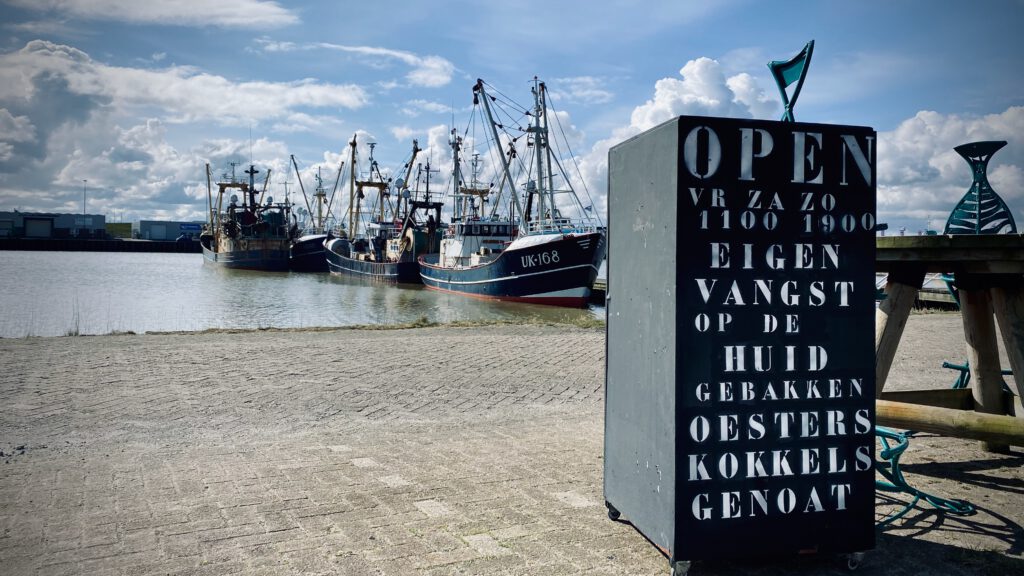
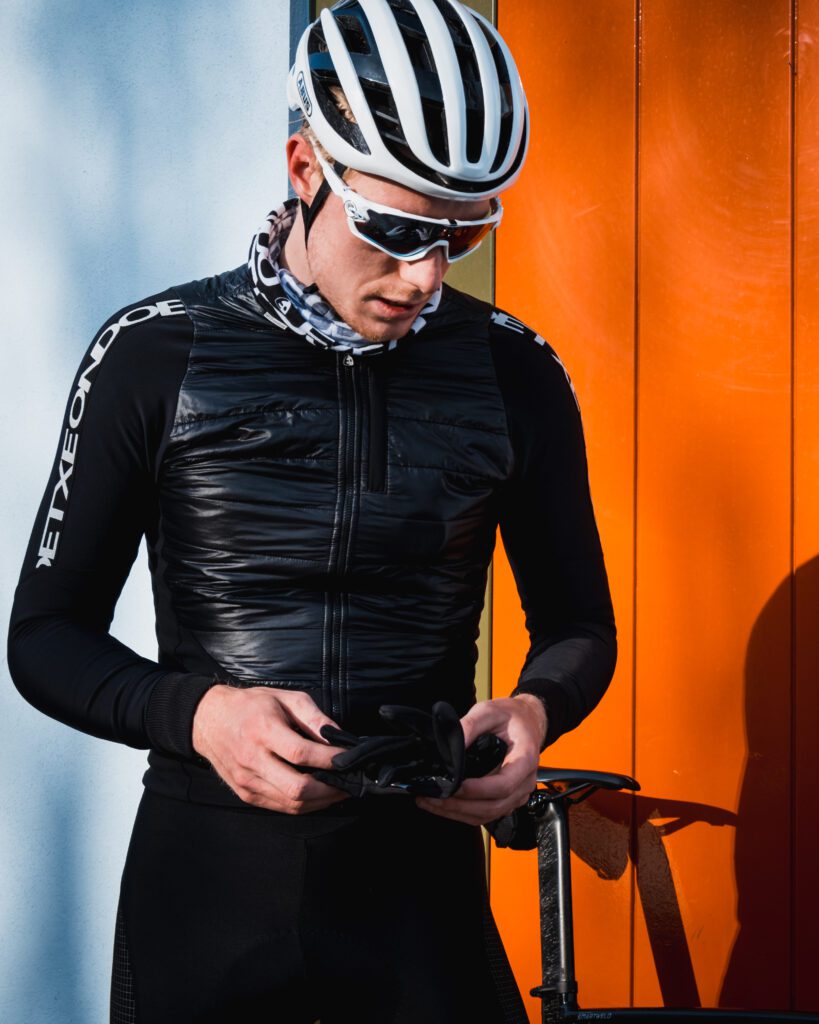
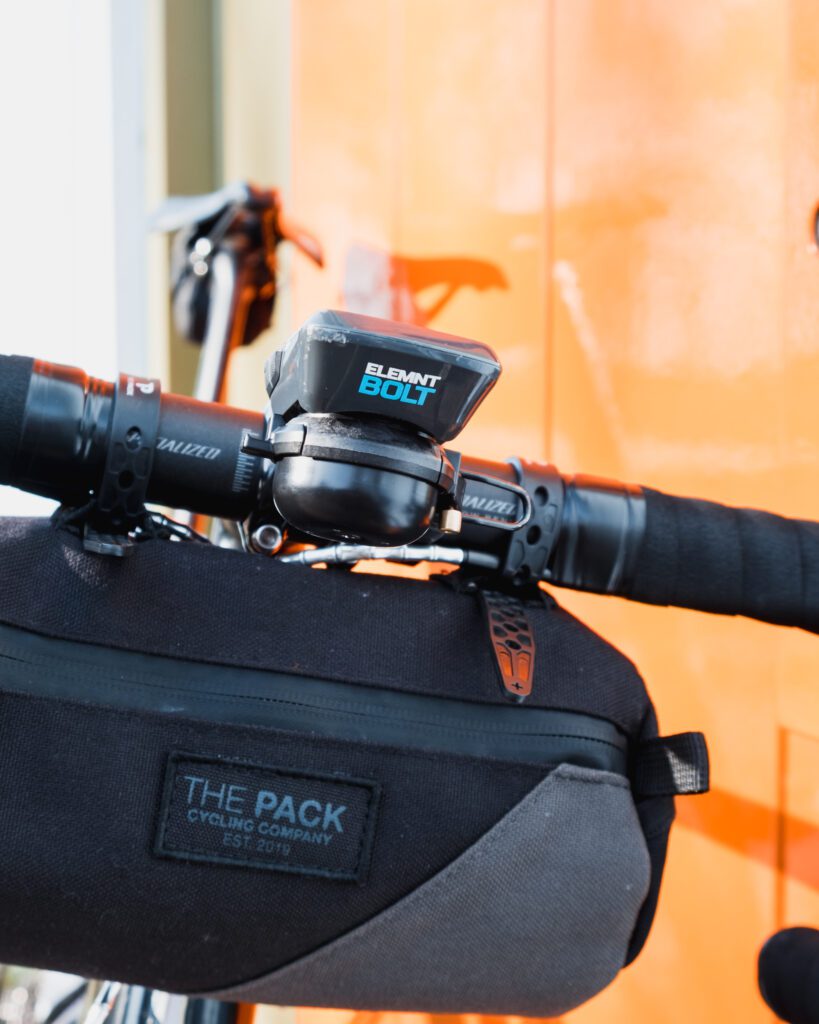
War felt more here than elsewhere
Those who really want to experience the Wadden are best to drive along the waters of the sea. Along the coastal road, which is on the right side of the dyke. On sunny days it is crowded with cyclists, on other days you are the only one here. With a stray seal, a flock of sheep and a flock of birds as companions. Many do not know that this part of the country is also a large military training area. Marnehuizen is the training village from where 'our men' are trained to fight the enemy. Coincidence or not, but during our visit, the coastal road, as part of the site, is completely closed. Major military exercise we hear later. Given the world situation, it is no different, take a detour. The Ukrainian family we two days earlier at the North Cape saw running up the dyke, they really had to adapt.
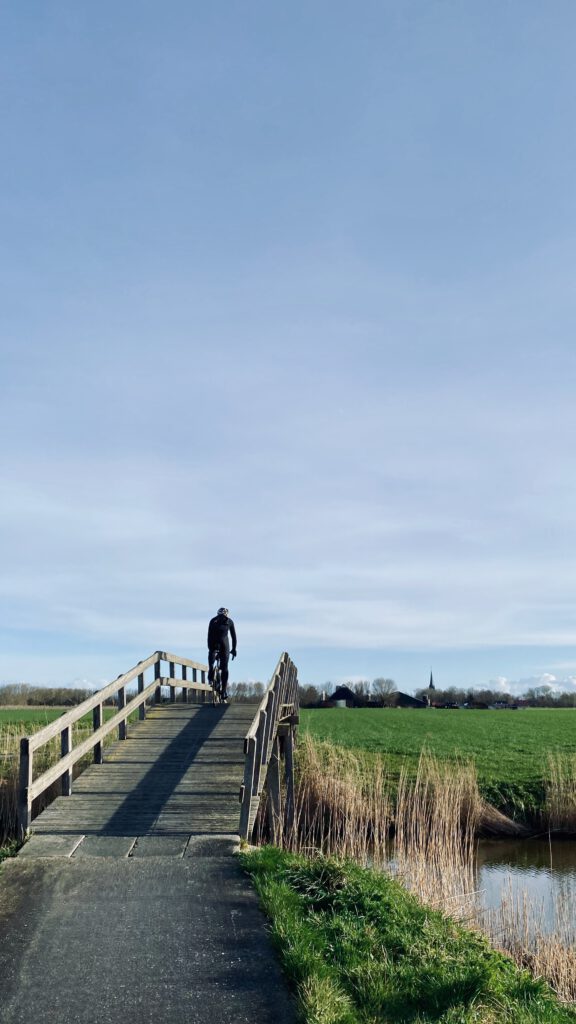
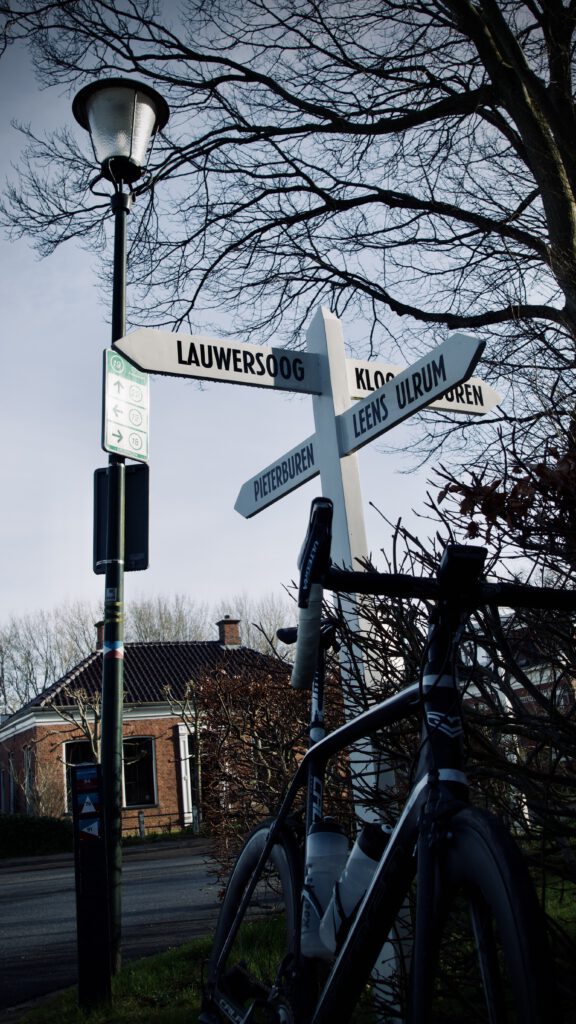
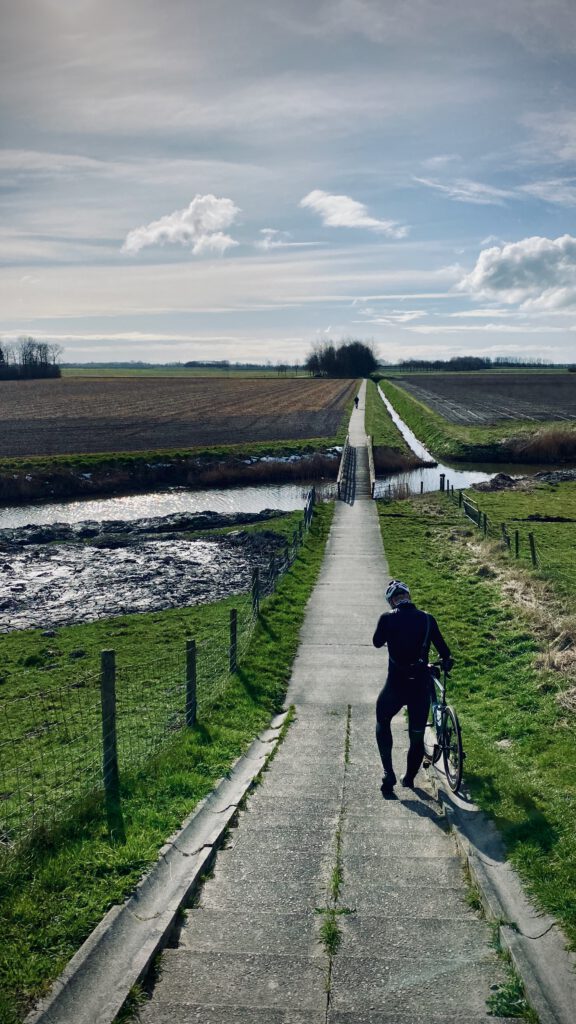
Lauwersmeer
The Netherlands is King of Water Management. Of course, we have our own Prince Pils, but we are known around the world for ingenious ways to keep our feet dry. We have to, with large parts of our country below sea level. At Lauwersoog, too, a clever feat has been achieved. A beautiful nature park, actually created by the construction of dykes. The 1953 flood disaster prompted the reclamation of this piece of land. This did not happen without a struggle. Without the Lauwerszee Action Committee, we would have had to pedal here now.
The closure of the sea created new flora and fauna. Since 2003, the former Lauwerzee now bears the title National Park. Birds, peace, space. Here you can also find the Netherlands in a nutshell: on one side of the N361 you are not allowed to enter the park because of nesting birds. On the other side is training grounds. Long live freedom.
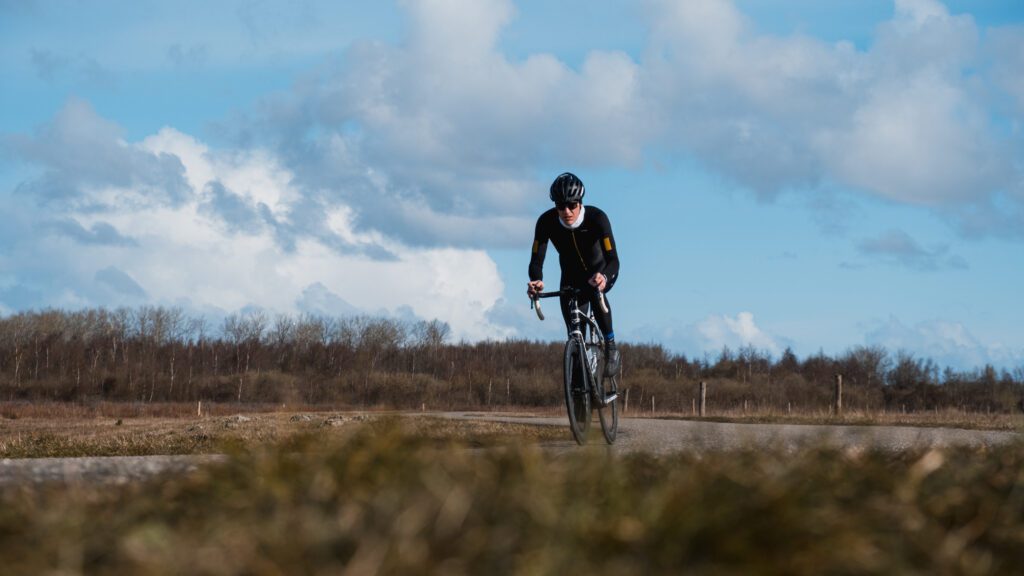
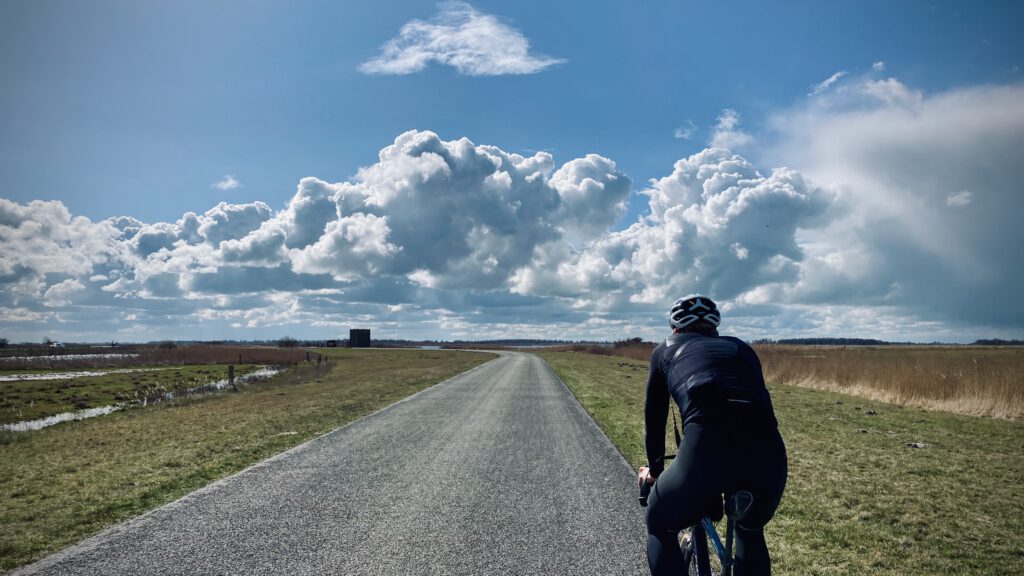
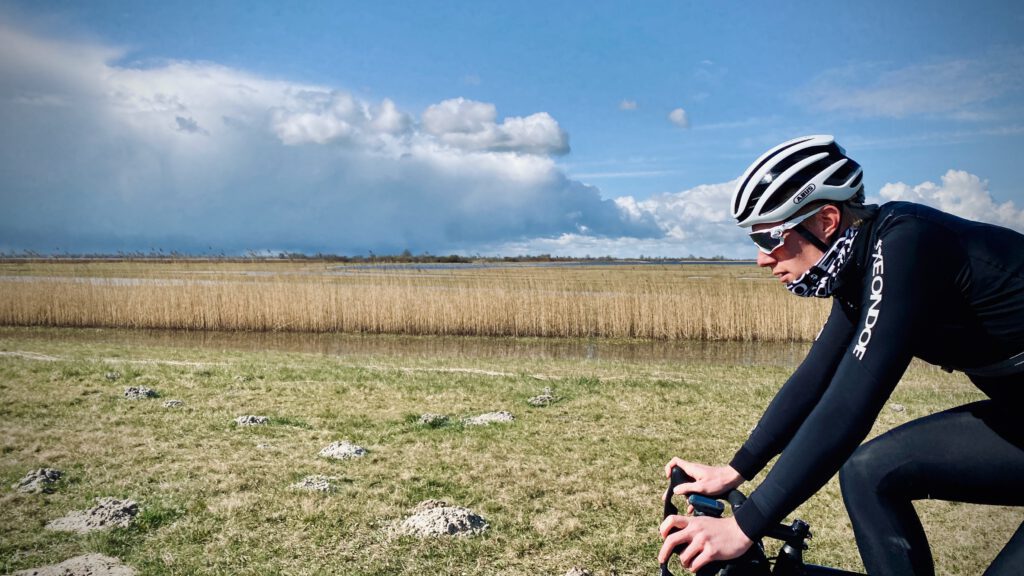
Most beautiful villages in the Netherlands
Groningen has many beautiful villages. Winsum is one of them. In 2020, it was the most beautiful village in the Netherlands according to the experts at ANWB. You know it from the saying: You Winsum, You L... Don't forget Niehove, on the west side of Groningen. That is also such a pearl. A protected village sight, with a 13th-century church built on a wierd.
The village of Zoutkamp, through which we drive and which is the centre of shrimp fishing, is also part of that row of pretty villages. For that reason alone, this part of Groningen is more than just the road towards the Wadden Islands. There is atmosphere, wonderful history ánd fantastic gastronomy.
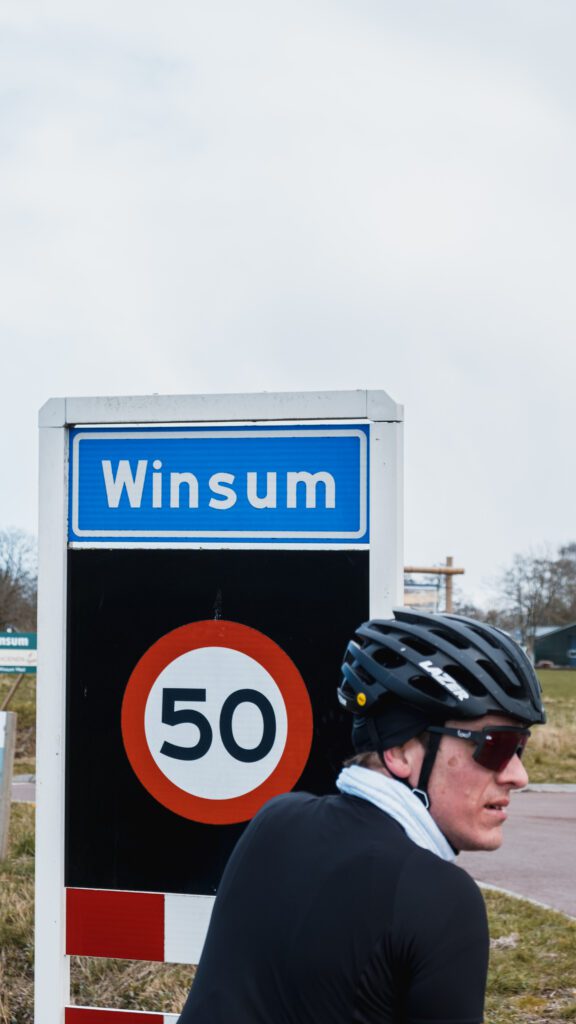
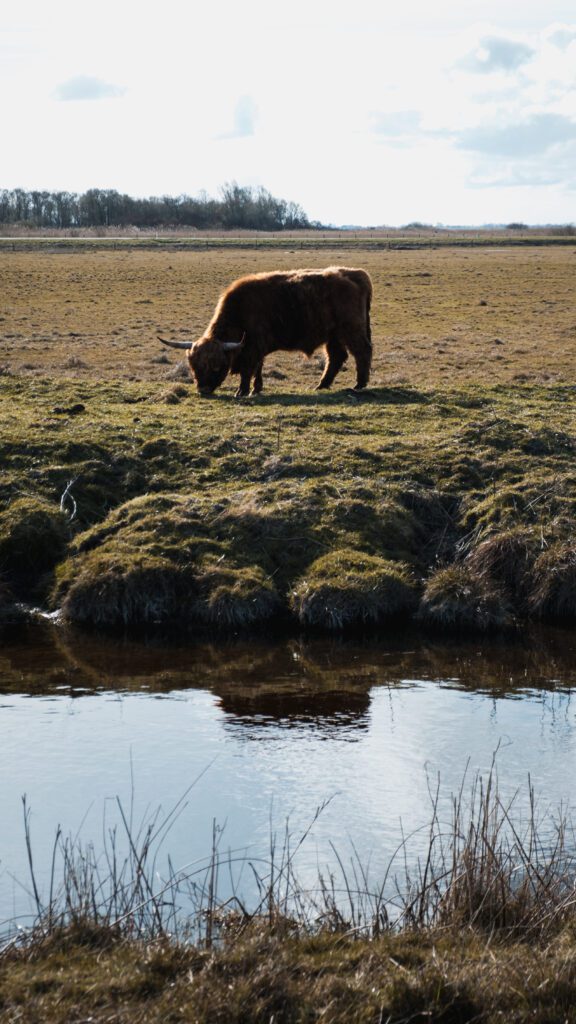
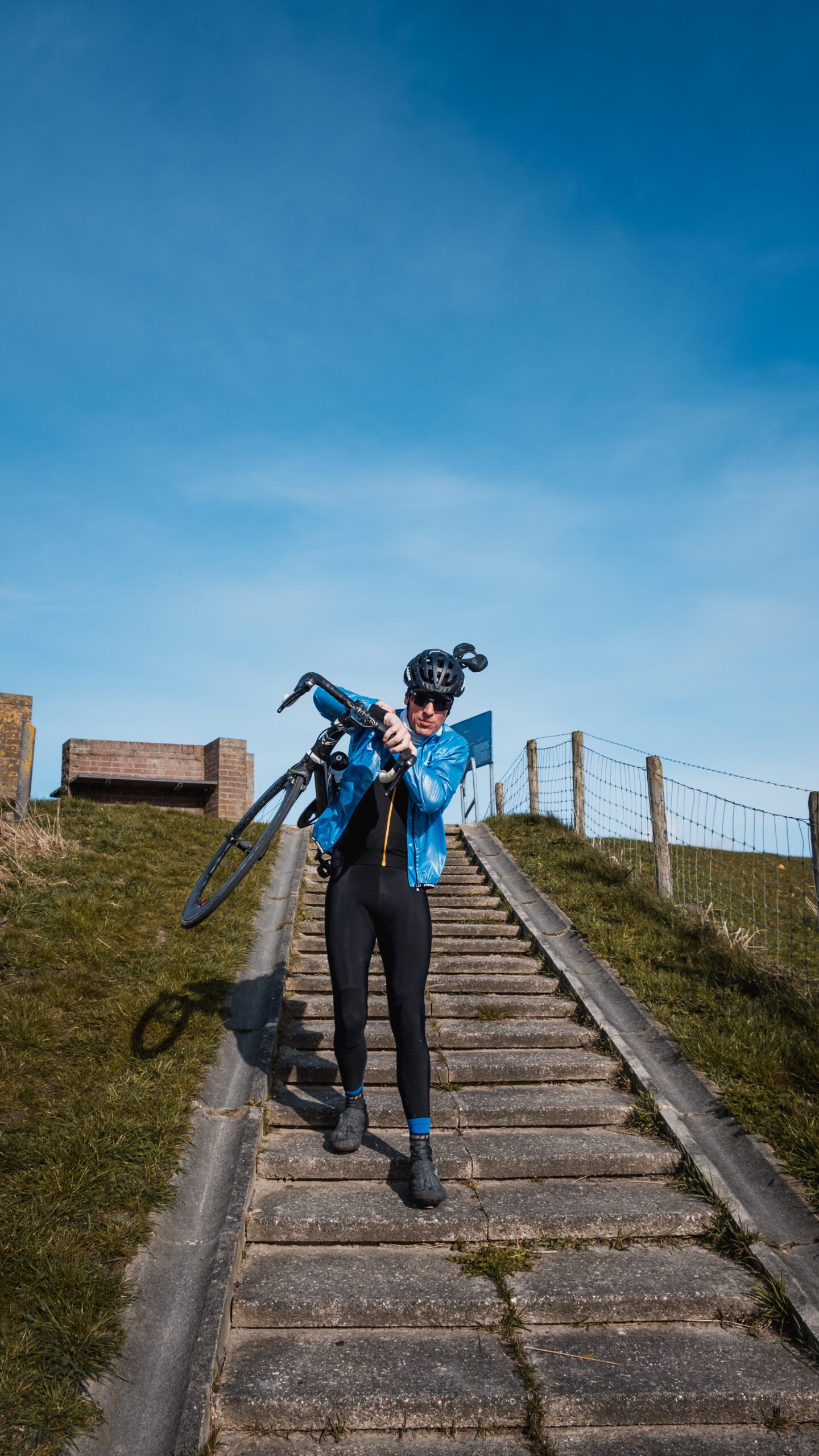
Pure and local enjoyment at Piloersemaborg
The hostess of Piloersemaborg goes ahead of us to the table. Everything is tightly set. Beautiful linen. Beautiful wine glasses and a wonderful ambiance. This is fancy dining. On the menu only local products ánd blood oranges from Sicily. Wines from Piedmont. Water from the tap. As it should be here. Amuse, starters and a main course with local fish. The Tour of Flanders is secretly running in the background via the app. A tall figure appears next to the table. With a slight North Dutch accent, he remarks: 'I understand you are cyclists?' The man in question turns out to be none other than Dick Soek. Former cycling pro, now manager of the establishment. With a love of Piedmont, where he learned the ropes of cycling and cooking.
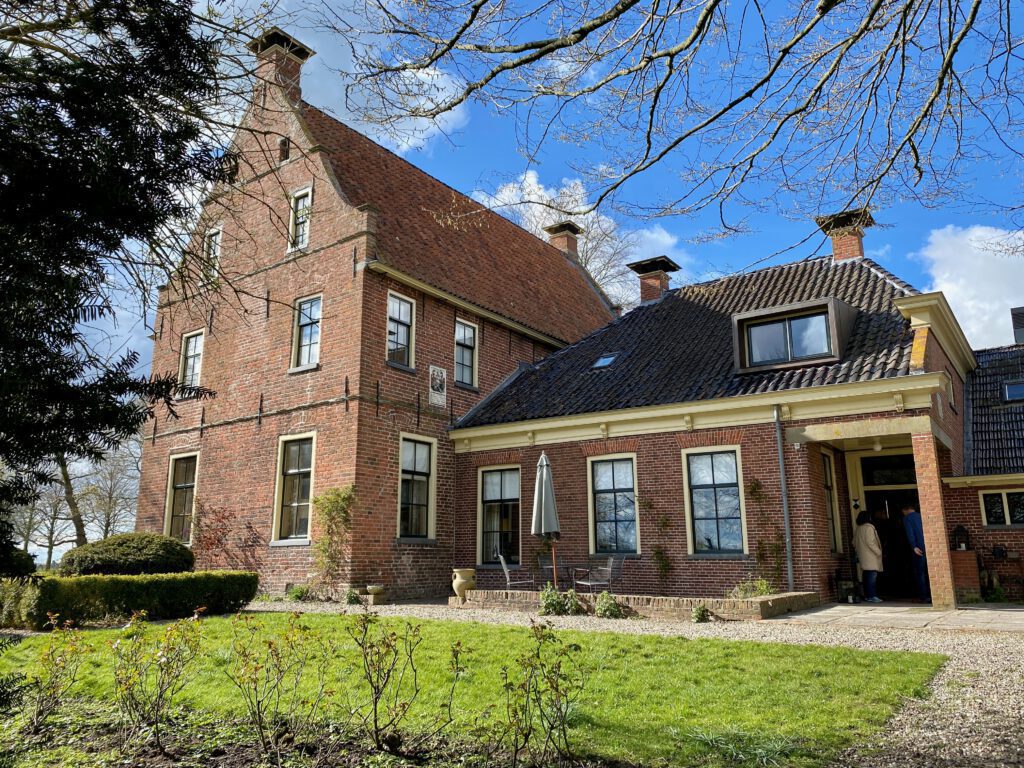
About course and more
The course is not yet 'in the fold' as the Flemish say. Dick follows it closely. Later it turns out that next to the kitchen, in his office, he also has the course on. The blood runs where it cannot go. It has to, because daughter Julia, a former pro, is now team manager of Le Col-Wahoo's women's team. During the tour after dinner, we feast our eyes. Not only the food was mouth-watering, but also the beautiful rooms of this inn deserve several stars. Tip for lovers: the 5 rooms of the B&B are still bookable. Ideal for a dinner with a night's sleep. Here you really taste the gastronomy of the wadden!
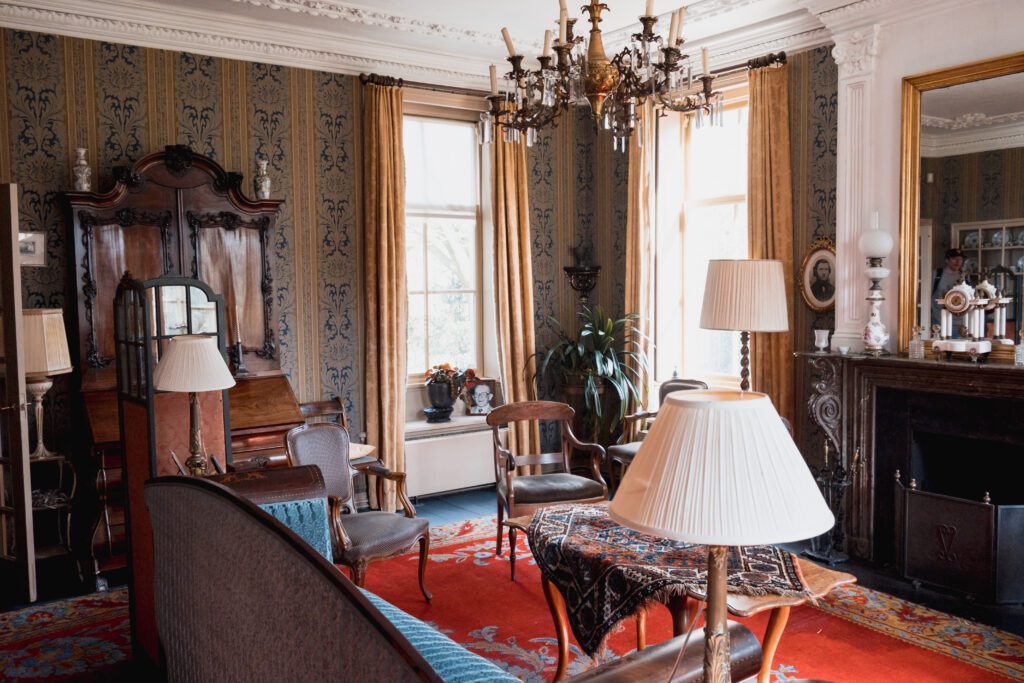
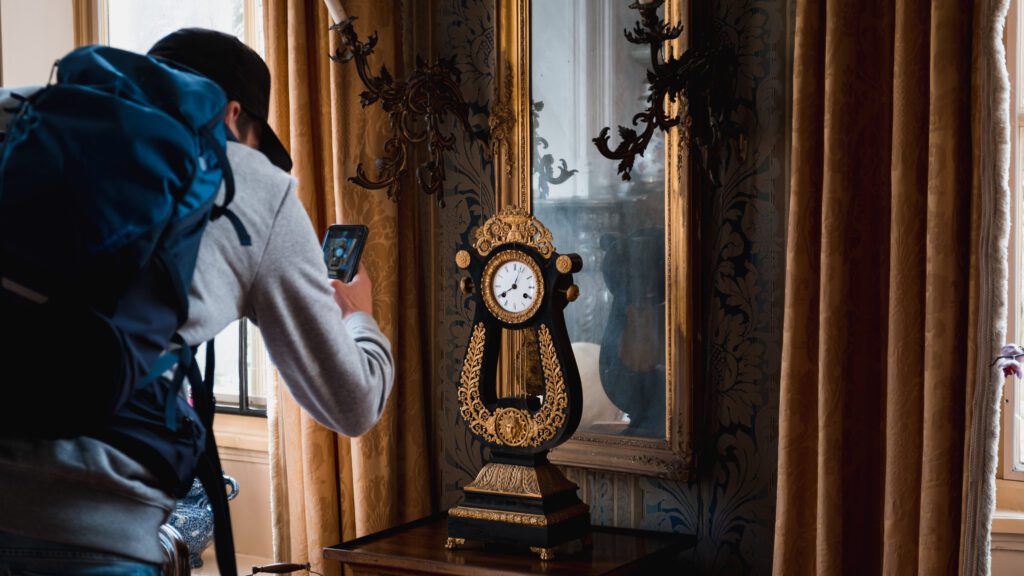
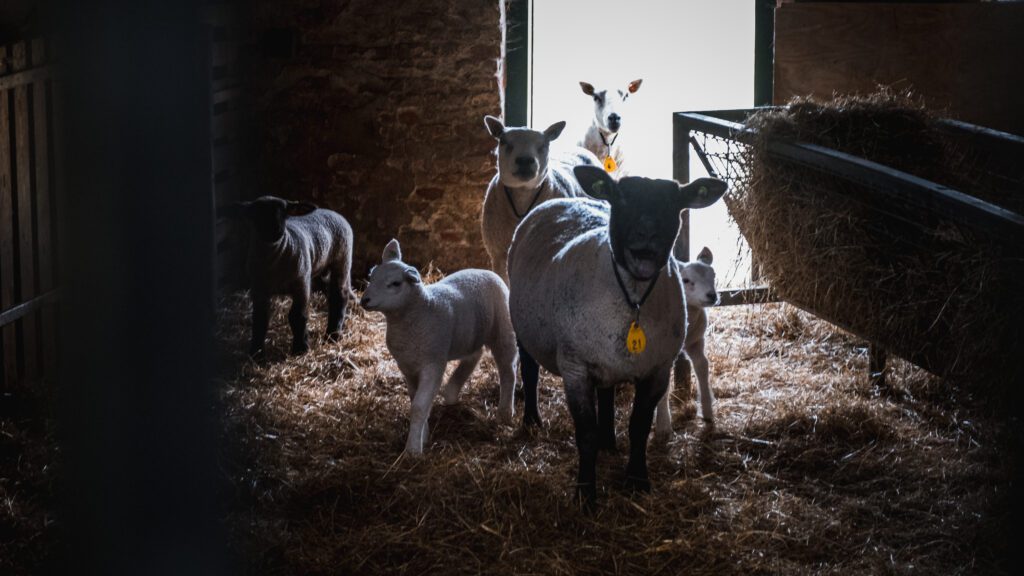
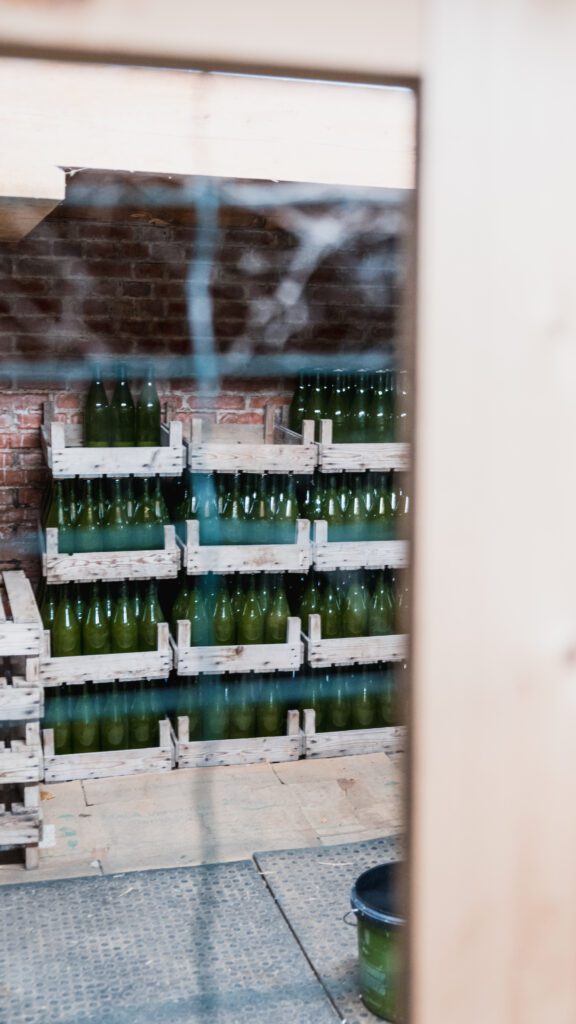
With Dick we could talk about the course for another 100 hours. About the stories, about that contract in Italy he didn't sign after all. The ingredients in the food, which are almost all locally sourced. Except the oranges from Sicily. Near Etna, because those are the best. His wife, who preceded us as hostess, can also tell hundreds of stories about the deposit. She leaves it to her husband this time.
Surprise
We were a bit overwhelmed by this experience. We thought we were going to 'just have a sandwich'. What a pleasant surprise this is. Just like the rest of our trip through the Wadden area. There is so much more to this region. So much more than the image people like to paint about this part of the country. It is beautiful here. Beautiful things are made, we ate in wonderful restaurants and had great conversations. The coffee at Spoke tastes better than the one from the joint around my corner. It was cold at times, but it was everywhere in the Netherlands. And the wind? That's part of it. Because without it, we wouldn't have had Bauke Mollema now. So.
Route
This is the ideal route for the Taste of the Wadden. Do you stop at the Piloersemaborg? Then do take some time to process.
